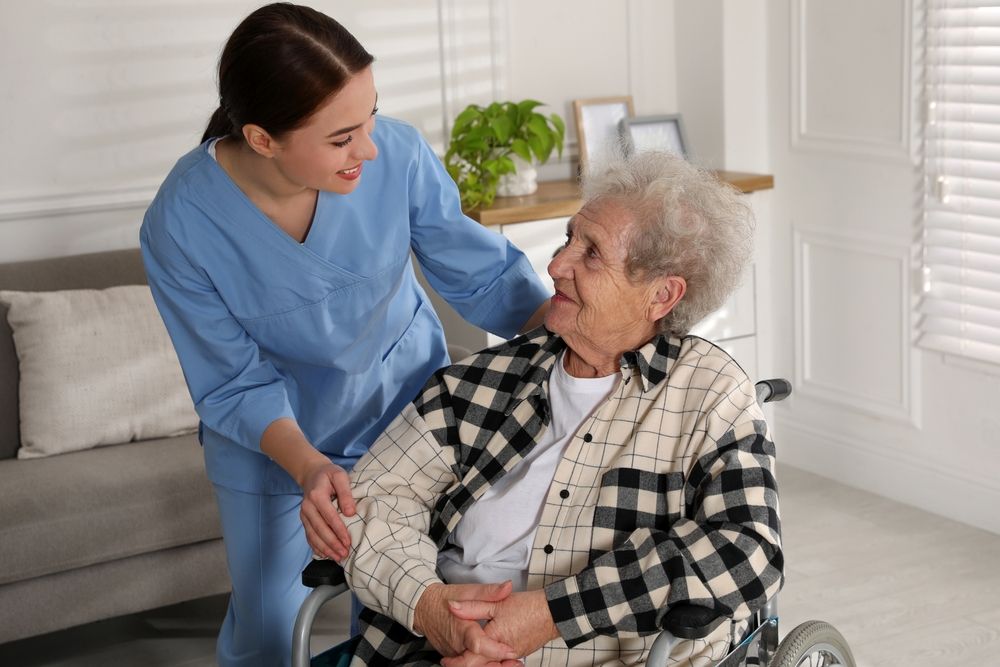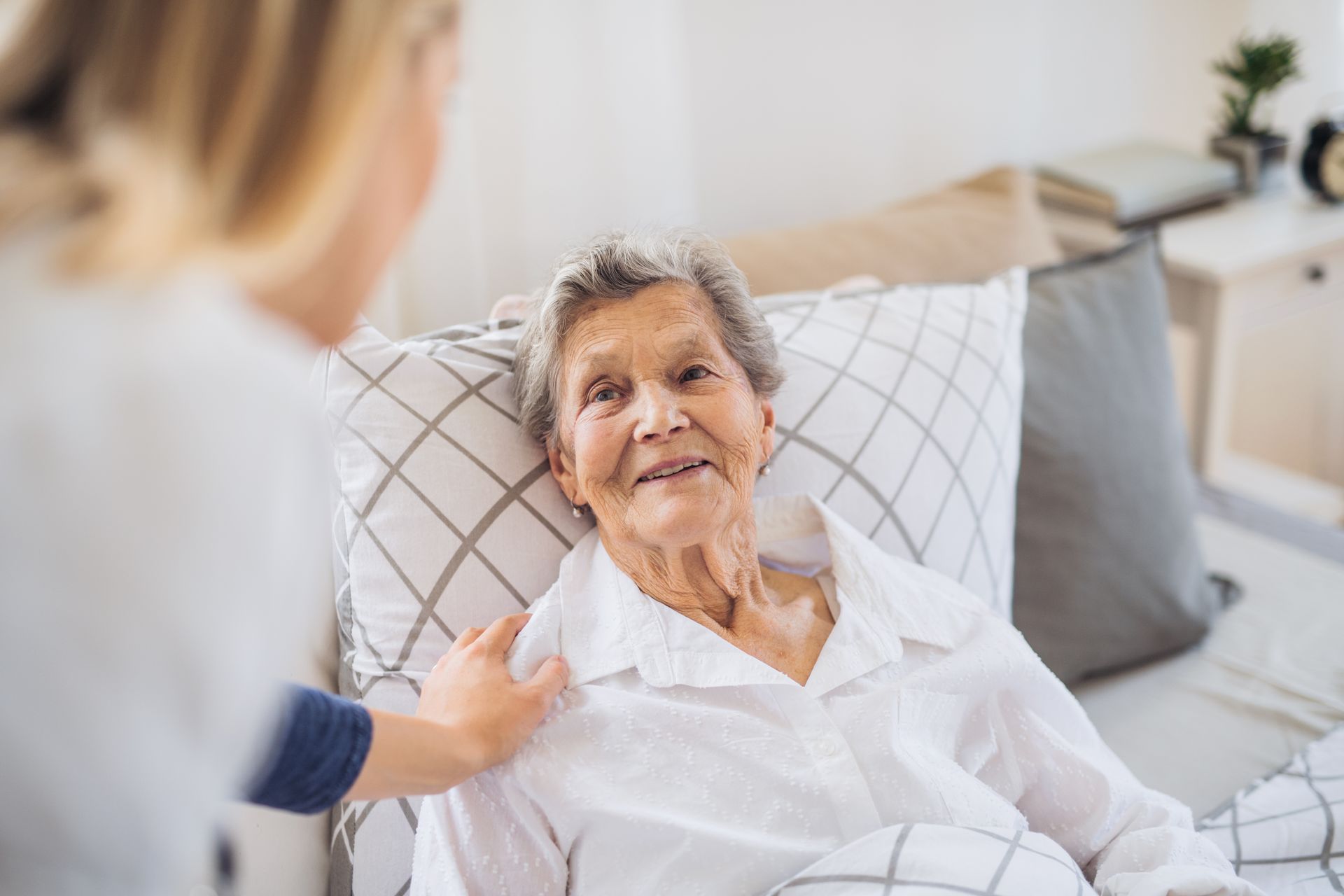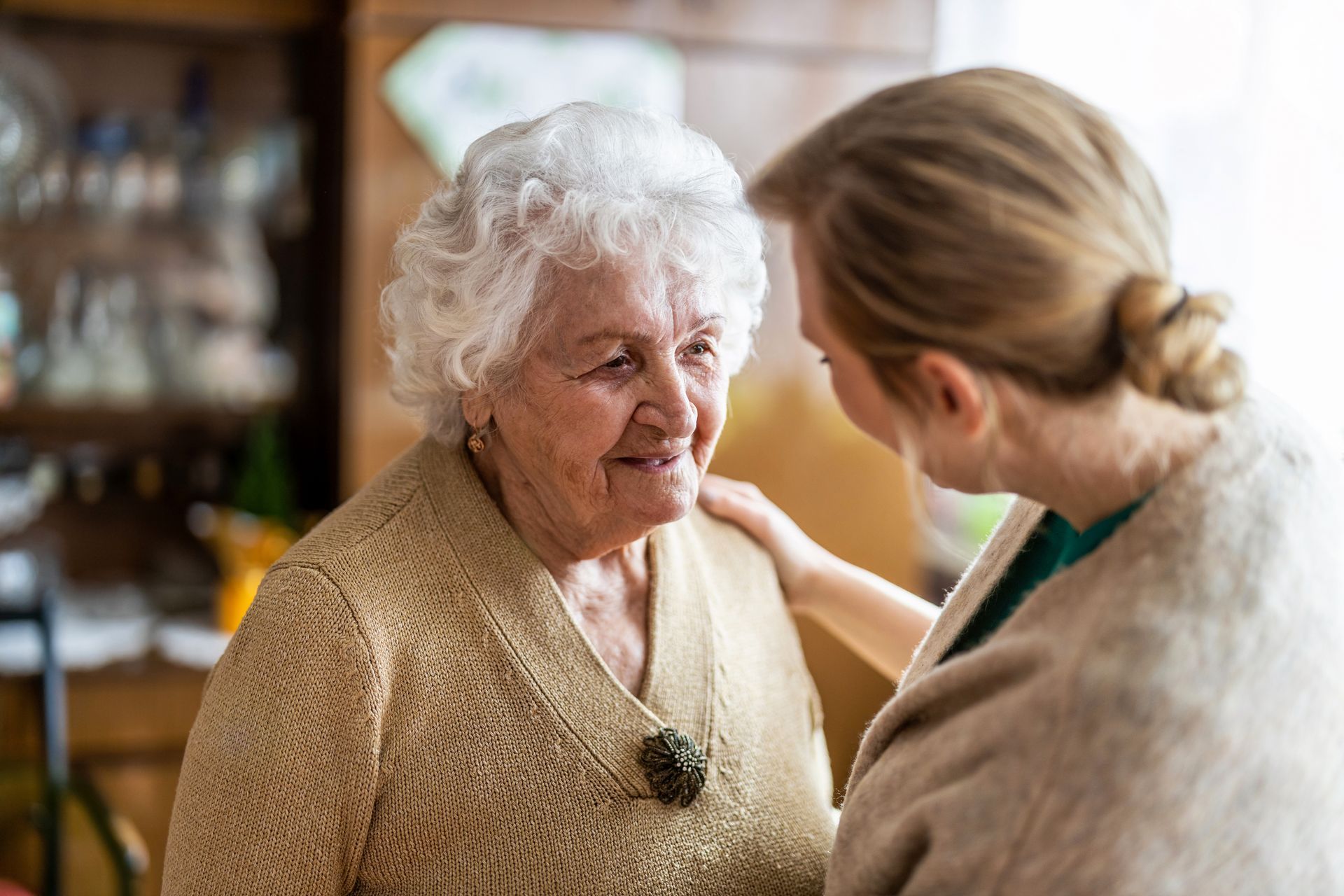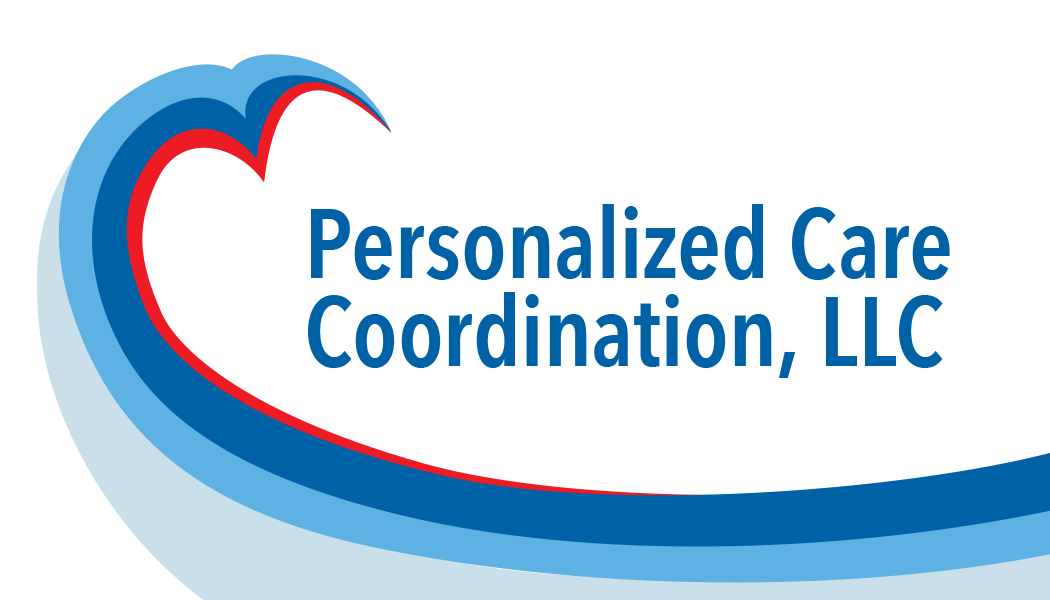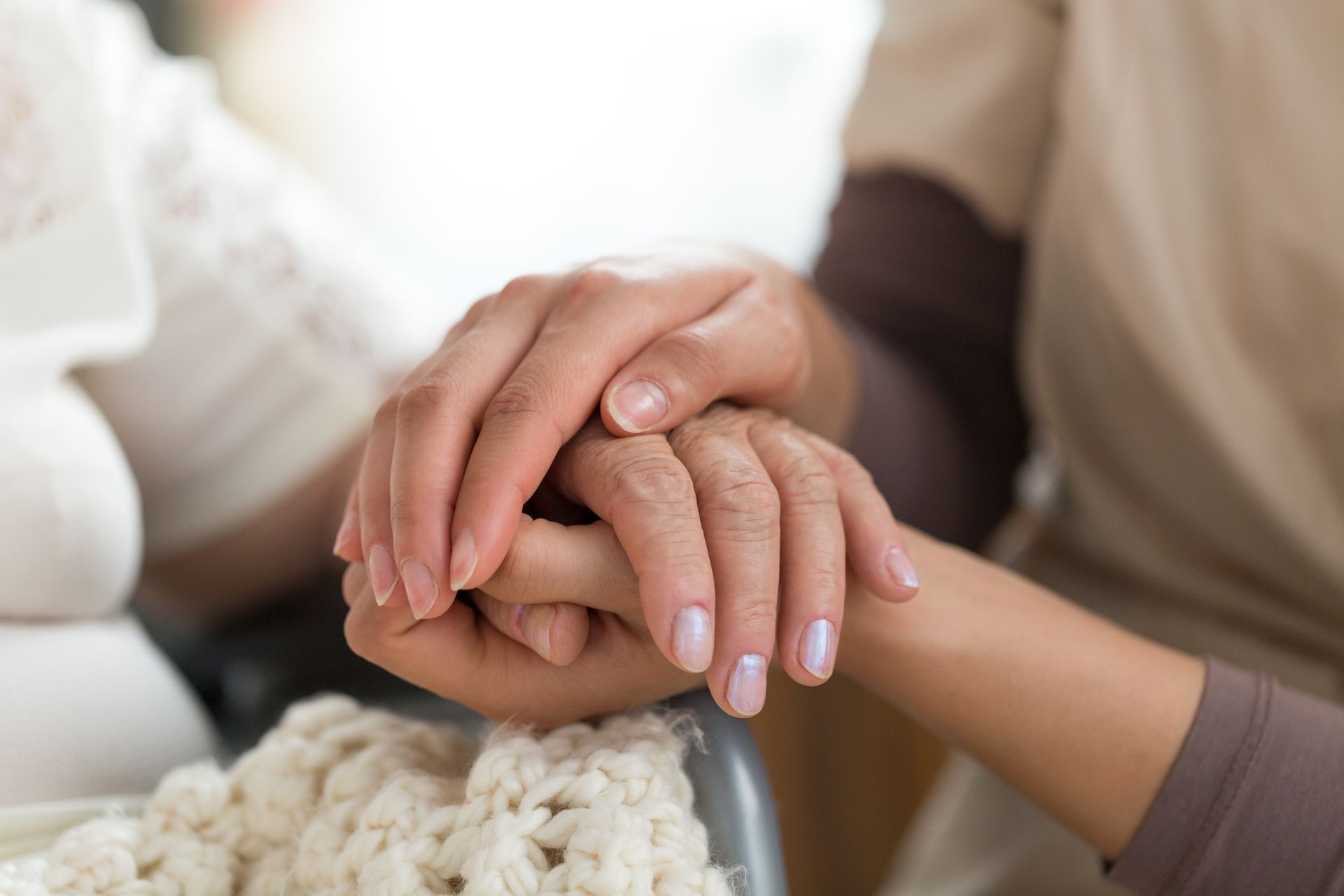Elder Care: Providing the Best Possible Care for Our Aging Loved Ones
November 29, 2023
As our loved ones age, their needs and lifestyles evolve, prompting the necessity for specialized care. We delve into effective strategies for elder care, focusing on ways to ensure comfort, dignity, and quality of life in their golden years. We explore various aspects, including medical needs, emotional support, daily life assistance, and the importance of creating an environment that fosters independence. Our goal is to equip you with the knowledge and resources needed to provide the best possible care for your aging loved ones.

The Role of Emotional Support in Elder Care: Addressing Mental Health and Well-being
- Emotional support in elder care is pivotal as it contributes significantly to the overall mental health and well-being of the elderly. It helps combat feelings of loneliness and isolation, common in this age group.
- Regular interaction and communication form the bedrock of emotional support, helping establish deeper bonds and fostering feelings of belonging.
- Emotional support can also manifest in the form of companionship, shared activities, and hobbies, providing the elderly with a sense of purpose and engagement.
- Addressing mental health in elder care involves recognizing signs of mental health disorders such as depression and anxiety, often overlooked in the elderly. Timely intervention and treatment are crucial.
- Regular mental stimulation is key, activities such as memory games, puzzles, reading, and discussions help keep their cognitive faculties active.
- Empathy and patience are crucial when dealing with emotional and psychological issues in the elderly, respecting their feelings and providing reassurance.
- The role of professional mental health services cannot be overstated, these services provide specialized therapies and treatments tailored for the elderly.
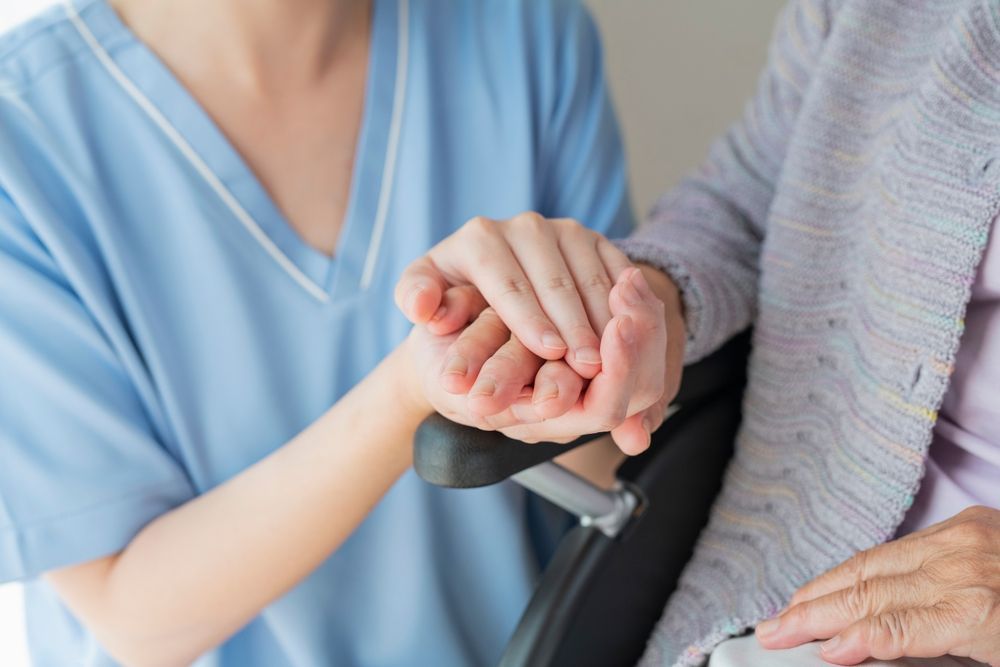
Medical Needs and Elderly Care: Managing Health Conditions and Medication
Managing health conditions and medication is a critical aspect of elder care. As age progresses, the likelihood of chronic diseases and health conditions such as hypertension, diabetes, arthritis, and dementia increases. Therefore, appropriate management of these conditions forms an integral part of elderly care.
Regular health check-ups and monitoring of vital signs can help keep track of their overall health status and detect any anomalies early. Likewise, managing medication routines is crucial. Elderly individuals often have complex medication schedules, and non-adherence can lead to severe health complications.
Incorporating reminder systems, and medication organizers, and utilizing the services of a geriatric pharmacist can help ensure adherence to medication routines.
Remember, managing health conditions involves not just treatment, but also prevention wherever possible. Encouraging a healthy lifestyle with regular physical activity and a balanced diet, as well as regular vaccinations, can go a long way in preventing health issues.
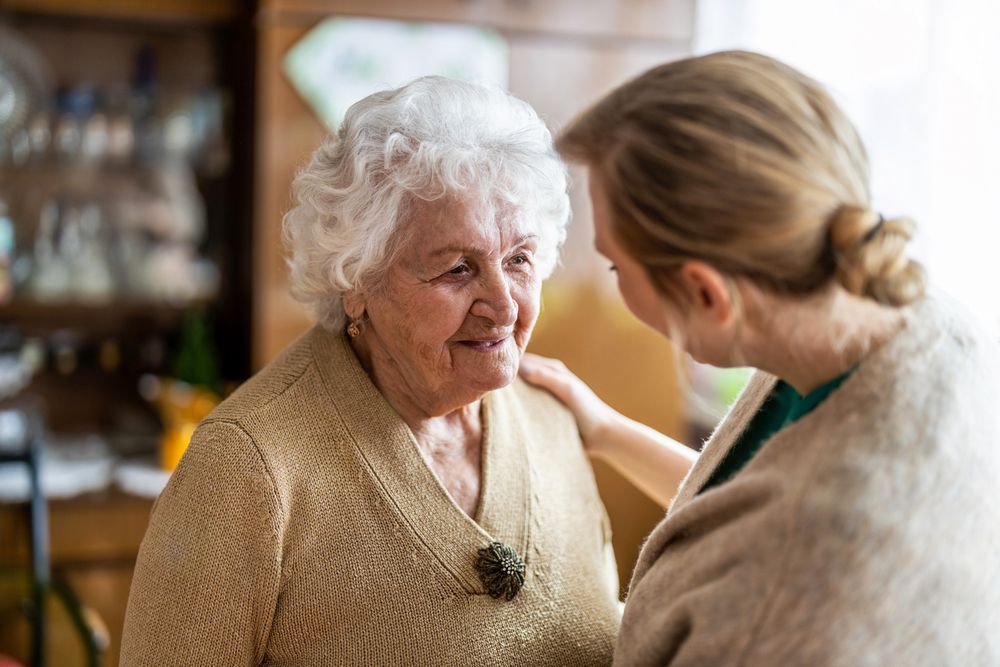
Moreover, the role of healthcare providers and nursing personnel in managing health conditions and medication cannot be overstated. Their expertise and patient-centric approach can effectively cater to the unique health needs of the elderly. At the end of the day, the goal is to facilitate not just longevity but also a good quality of life.
You've taken a significant step by educating yourself about the intricacies of elder care. Yet, it's crucial to remember that each loved one's needs are unique, and managing these needs can be complex. That's where Personalized Care Coordination can help. Our team of dedicated professionals can navigate the complexities of elder care, offering personalized services tailored to your loved one's needs. From coordinating healthcare services to providing emotional support, we're here to assist. Don't shoulder the responsibility alone - Contact Personalized Care Coordination today and let us partner with you in providing the best care for your aging loved ones.




